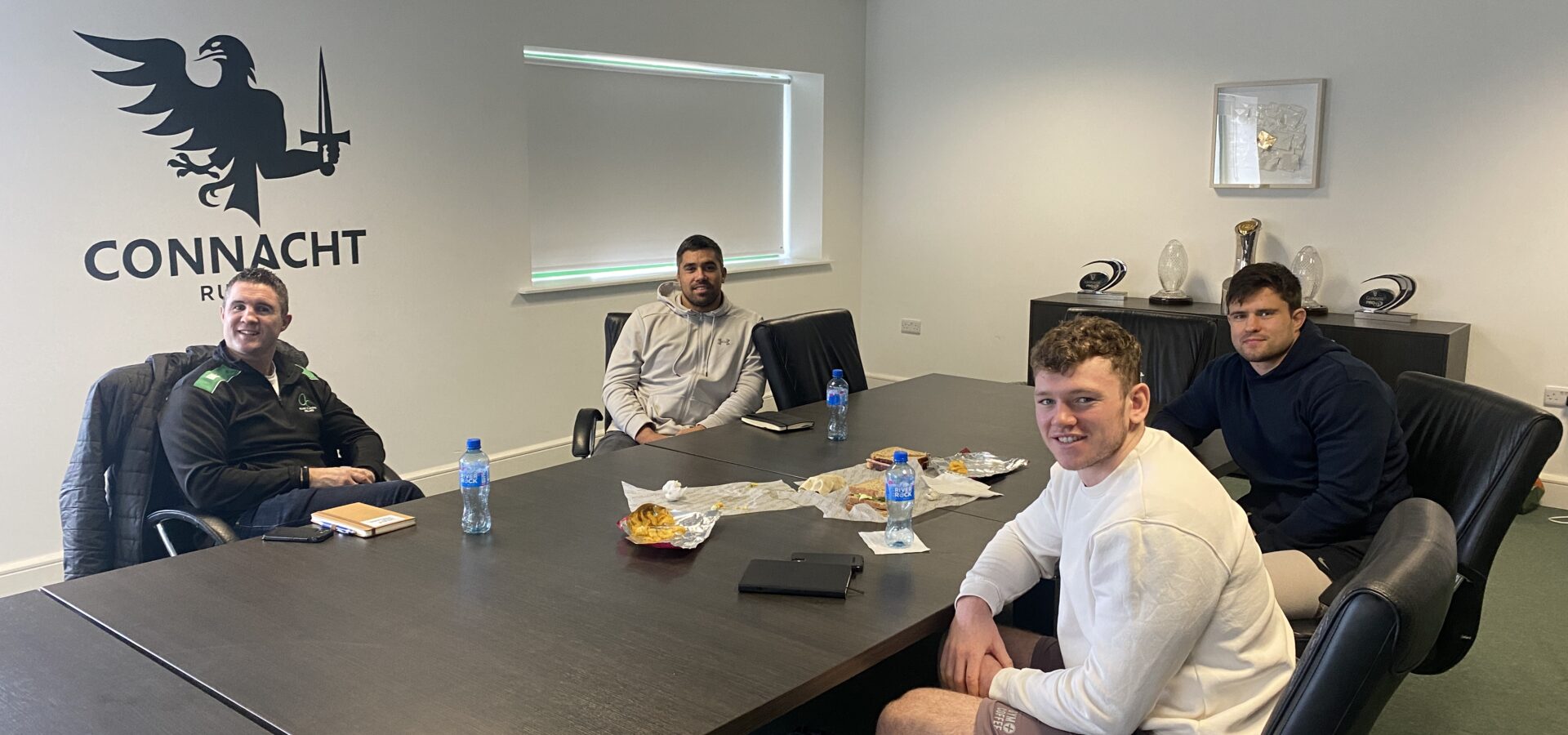News
The Collective Bargaining Agreement and its Importance to Irish Rugby

Last week, the IRFU and Rugby Players Ireland announced that they had successfully concluded negotiations on a new Collective Bargaining Agreement (CBA). This new agreement will cover the professional rugby landscape in Ireland until 2027. It is the second such deal between the two sides, following the landmark agreement of 2019.
On the same day the IRFU reported a strong financial position for the financial year, it might have been easy to overlook the significance of the CBA as the media zoned in on the rising costs associated with a bid to take the Webb Ellis trophy home. However, it is the success of the CBA that largely underpins Irish Rugby’s on-field potential.
“Our vision is for Ireland to be the best place in the world to play rugby,” Simon Keogh, CEO of Rugby Players Ireland states. “People will tend to judge that purely on results but to get players out on the field and performing to the best of their abilities, we have to ensure that we have created the right conditions off it.
“Thankfully we have worked hard over the years to create a good working relationship with the IRFU. With the framework of the CBA in place, we have been able to come to the table and thrash out the issues at hand. While we might not always agree, the opportunity to openly discuss matters is not one we take for granted.”

In light of recent disputes between the other players’ associations and their national unions, Keogh is evidently appreciative that the IRFU have kept the door open to their key stakeholders.
“It hasn’t always been so,” Keogh notes. “In the early days of the players’ association, decision makers in the Irish game were suspicious of IRUPA (as it was then known) as they felt it was out to cause trouble. As a result, the opinions of some of the union’s biggest assets weren’t always counted.
“Over the years we have worked hard to create a more trusting and collaborative partnership, whilst ensuring that we retain our integrity. The power of the collective voice is understood by the IRFU. Equally, we understand that it can’t all be one-way traffic.
“Our relationship has also been helped over the years by better lines of communication, while our evolving Player Development Programme, which is led by Dr Deirdre Lyons and has now become a reference point for other players’ associations, has become a real feather in the Irish rugby bow.
“Ultimately, whether you’re working as a Player Development Manager or in the logistics office on Lansdowne Road, we all have the same goal – for our teams to succeed – but for that to happen, or indeed for any business to thrive, you need to have happy individuals playing their part.”
The CBA encompasses the years 2023-2027 and features several aspects that will enhance the player experience during their career in Ireland. Amongst these is a recognition of a players’ right to disconnect. Other elements include an uplift in pay for academy players, improved sick pay provisions, tailored breaks for Sevens players, clear maternity and paternity policies, and college relocation costs.

“There are a number of clauses in there designed to enable and empower our players,” Keogh, a former Leinster Rugby and Harlequins player adds. “Most were consistently raised by the different squads. For instance, the matter of disconnection was quickly identified as an area that needed resolving. Players appreciate that they are subject to leave periods with a difference, yet they didn’t want to see their entitled rest fade away because of constant monitoring.
“I also found the players’ grasp of the CBA’s role in futureproofing the professional game to be commendable. As a former player, it was heartening to hear established internationals raise concerns about the additional demands being made of academy players and push for change. Many of them kept in regular contact with us for an update on how those talks were progressing. Thankfully, academy players will now receive an uplift in pay.
“While there is an appreciation that demands will increase on players from time to time if we aspire to win World Cups and Olympic medals, players also have a thorough understanding of the modern game and know where a balance can be struck.”
Such is the workload involved, the lifetime of CBA 2.0 actually stretches back to January of this year when Rugby Players Ireland representatives first met with Peter O’Mahony (RPI Executive Board Chairperson) and several teammates in Limerick.
Over the following months, focus groups were formed so as to consider the needs of every professionally contracted squad in Ireland. As the 2019 agreement had largely been drafted to cover players affiliated with the senior men’s provincial sides, the new and unique needs of the Irish Sevens programme and the Women’s XVs therefore became a large feature of discussions.

As Keogh says, “thanks to the efforts over previous years, a lot of time was actually spent refining existing clauses based on player feedback over the past four years. However, the introduction of a full-time women’s programme and the growth of Sevens meant that we also needed to really get a full understanding of those new environments to ensure they are adequately catered for in this CBA.
“This was why we felt it was so important to meet and engage with every player group at the outset. Since then player input has predominantly come through our Executive Board which has been an invaluable forum for the likes of Amee-Leigh [Murphy Crowe] and Billy [Dardis] to air their views and get opinions from the likes of Pete [O’Mahony] or Garry Ringrose. It was a learning experience for all.
“Of course, it’s impossible to legislate for everything that comes down the line,” Keogh adds. “The reality is that something we could never have anticipated will inevitably happen. However, I believe that while we have incorporated mechanisms by which we can address things as they arise, the real strength of our CBA model lies in our opportunity to revisit it in its entirety every four years.
“I’m delighted that we have got it across the line but, as ever, we’ll be keeping our ears to the ground. Our work towards CBA 3.0 starts today.”
Back to NewsLatest Posts

Inaugural Past Players Padel Tournament

The Ireland Sports Fund

Making Tracks
















